Power is important for many businesses from restaurants to florists. When the power goes out, it could mean the loss of product or in the case of hospitals loss of patients. Businesses need a commercial generator to kick in when the power goes out, so you can continue with business uninterrupted.
We’ll provide you a helpful guide that gives you the information needed to make an educated decision.
How Does A Commercial Standby Generator Work?
Commercial generators are different than residential in that they’re more robust, durable, and can take more usage. They take on larger amounts of power and are designed to work longer than home versions to provide adequate standby power for important machinery.
It automatically detects the power outage and its automatic transfer switch cuts the utility power line and connects a new power line from your generator main panel.
The most common type of commercial standby generator is a three phase generator. When the power goes out, it trips the power transfer switch on the generator. Anything hooked up to the generator is then powered with little or no disruption. There is no manual need to start or power the generator and no risk of losing power.
As long as there is fuel, it works. This is helpful in the cases of businesses that are closed during a power outage, but the connected systems are still working without the need of someone being there.
When the power returns, the commercial generator switches back to the main grid and awaits the next use.
What Size Commercial Generator Do You Need?
There are massive commercial generators that provide Backup power for large businesses like hospitals or construction sites and small generators that run refrigeration units or small businesses. What is the need for your business? If you’re an office, then you might want a generator that can power your whole building or just your computer systems.
Restaurants may hook their refrigeration units to a generator to make sure the food doesn’t spoil. Ask yourself what you want to be powered during a power outage. Do you want the whole building including lights and security systems?
The amount of backup power you need dictates how large of a generator is required. If it’s not much, then you can power most small electrical systems with a single-phase generator. Most residential generators are single-phase generators.
Larger power needs require a three-phase generator. Large businesses that have large machinery that needs power or a large building like a hospital may need multiple commercial generators and backups.
The Best Type of Generator Fuel
Commercial Generators can use several different types of fuel including propane, natural gas, diesel fuel, and even solar. The type of fuel you use depends on what’s best for your business. Natural gas is inexpensive, readily available and if you’re connected to a natural gas line, you don’t need to refuel your generator.
Solar generators don’t have the durability and efficiency to use for commercial businesses, but diesel generators are popular. If you’re not connected to a natural gas or propane line, then you’ll need a tank on the property to house it.
This can be a pain and expensive if it needs to be refilled. Diesel is perfect for businesses that are outside of town or want an easier way to refill their generators. Natural gas is less expensive for running smaller generators, but when it comes to larger generators diesel becomes more cost-effective.
Larger generators use too much natural gas to maintain the load. Diesel fuel lasts longer and becomes more cost efficient.
Important stat: As per the report, the U.S. generator market is projected to grow from $4.89 billion in 2022 to $6.94 billion in 2028 at a CAGR of 5.13%
Should You Use Portable or Stand-Alone Generators?
Many businesses believe that a small portable commercial generator would be fine for their business. They are less expensive than stand-alone and don’t have the same installation requirements. The problem with portable diesel generators is they lack the electrical load to manage most long term power outages.
There are larger generators that can be brought to construction and other sites for power, but these are not the small portable types we’re talking about.
Stand-alone generators are always on the property. They cost more and require proper installation, but they’re designed to run for long periods. If the power is out for several days, you’ll want the knowledge that it can run as needed.
Portable generators also need to be brought to the property. If the outage happens at night and is caused by a natural disaster, you may be unable to go to the business right away. It could be hours or days before you have access and bring the portable generator.
A Standby Generator is always there and doesn’t require anyone to be there for it to activate. It may cost more, but it’s worth it for the peace of mind.
Cost of Stand Alone Generators
Standby Generators that can run your business aren’t inexpensive. A high quality small commercial generator can be $10,000, but larger generators cost more. They also need professional installation and regular yearly maintenance.
The cost is the main reason why many businesses balk at purchasing one Standby Generator. They don’t realize the money they lose while without power may be more than the cost of the Standby Power Generator. The loss of product caused by no power to refrigeration units or the productivity of your employees who cannot work without power could be devastating.
A single day without power costs businesses thousands of dollars, but what if this happens several times in a year? What if it happens during one of the biggest shopping days? Hence, You have to rely on your standby generator to protect sensitive data and keep your business operational
While the rest of the businesses are stranded in the dark with no customers, you’re the only bastion of power in the area. Customers caught in the outage will flock to your business because you have heat, lights, and the ability to sell them products.
Don’t Get Stuck in the Dark
Many small to middle-sized businesses have tight profit margins (not just some random number!). A few bad days without electricity could be disastrous, but you can save it with a commercial generator. The cost may seem intrusive at first but think about the long-term issues it solves.
If you’re interested in learning more about diesel and other types of generators, then please feel free to contact our expert technicians today.
Frequently Asked Questions about Commercial Generator
Why is it important to have a commercial generator for my business?
Power is important, no matter what business you run. An outage can halt things completely, costing you millions. If you have a generator installed on the premises, you can continue running your business and serving your customers even in case of a power outage.
What size of a commercial generator do I need?
The size of your generator will depend on your power requirement. Whether you are an office that requires powering the entire building or just a restaurant to power your outlet, the need-based selection will be needed. For example, houses and homes can use single-phase generators and larger establishments would need three-phase generators.
What fuel type will suit my business the most?
Commercial generators come in different fuel variants like natural gas, petrol, diesel and even solar. However, your requirement will determine the fuel you select. While natural gas is inexpensive, it lacks huge power generation, solar-powered generators are not very durable and petrol can be an expensive fuel choice. Since most commercial establishments require a huge power supply, diesel generators are the best options since they are efficient, durable, reliable, high on power and low on maintenance.
Should my commercial generator be portable or stand-alone?
Since commercial power requirements are higher, it is better to have a stand-alone generator. Stand-alone generators are always on the site, so they can be switched on at any time in an emergency situation even if there is no one present at the property. They might be slightly on the expensive side as compared to the portable ones, but they are worth the investment.

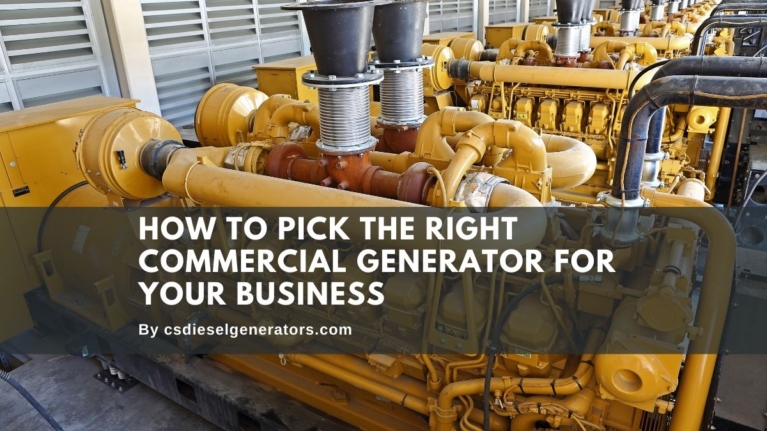
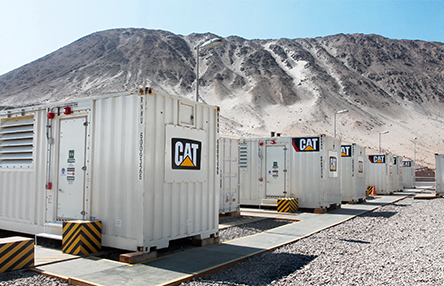
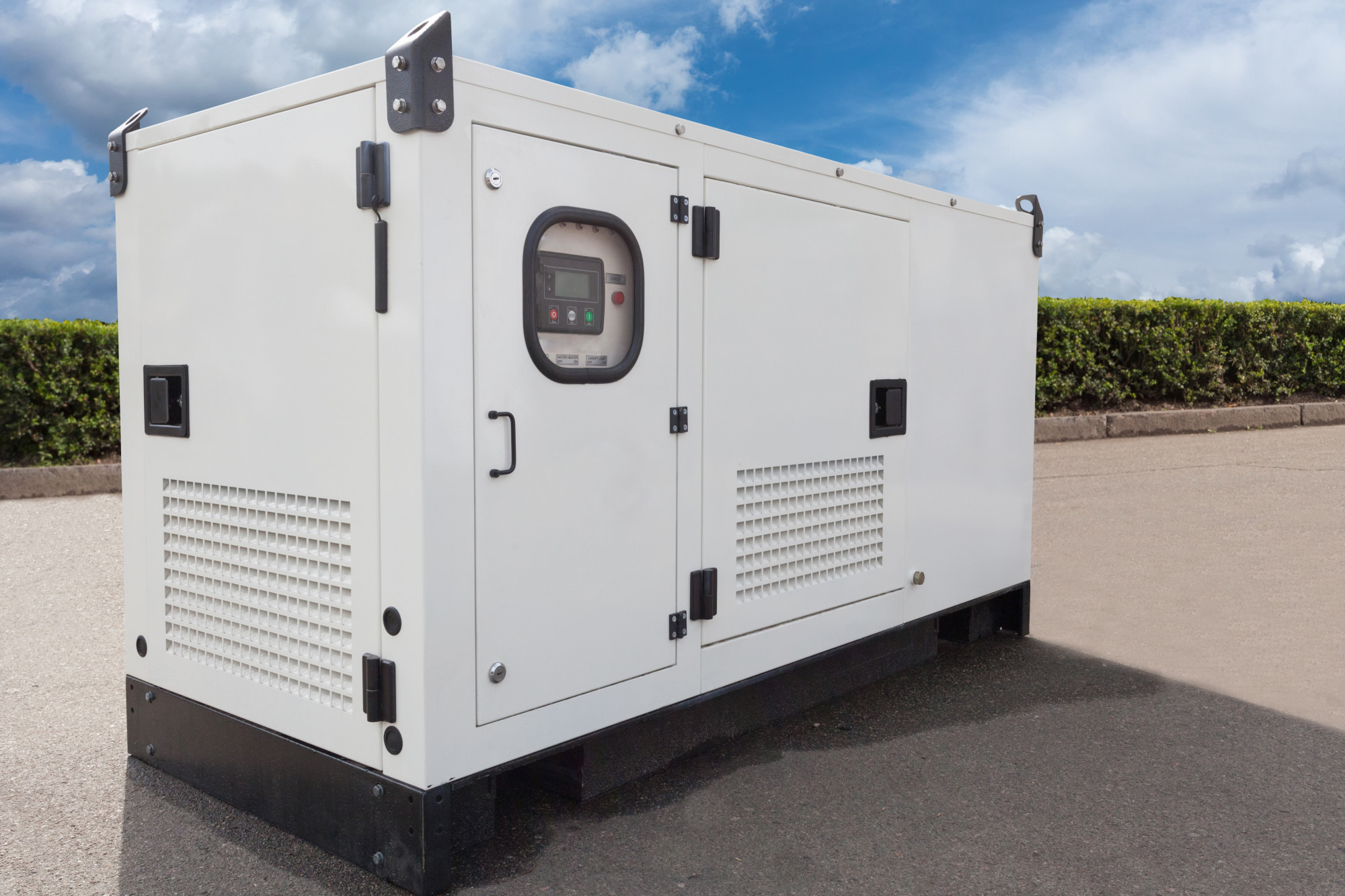
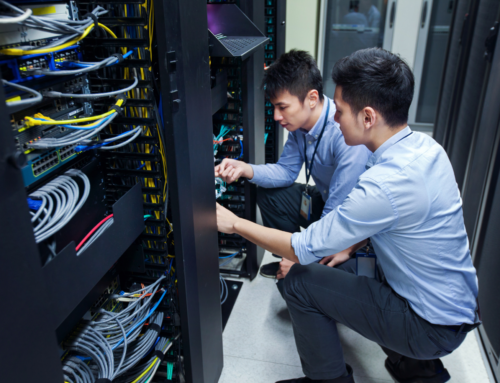
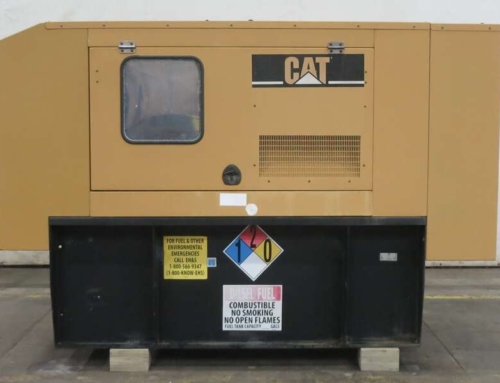
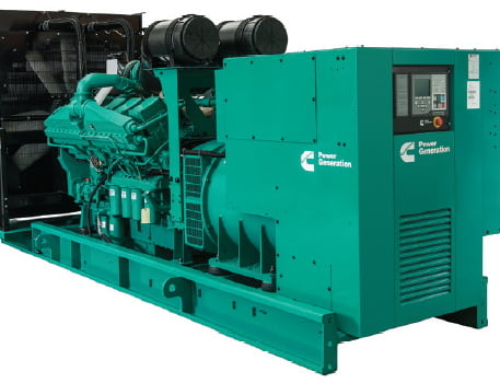
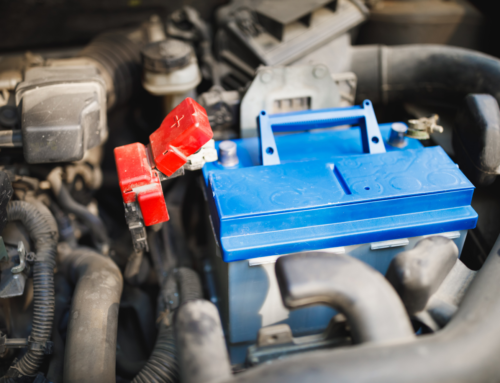
![How to Leverage Remote Monitoring for Your Industrial Generator?[2024 guide]](https://csdieselgenerators.com/wp-content/uploads/2024/03/Remote-Monitoring-500x383.png)